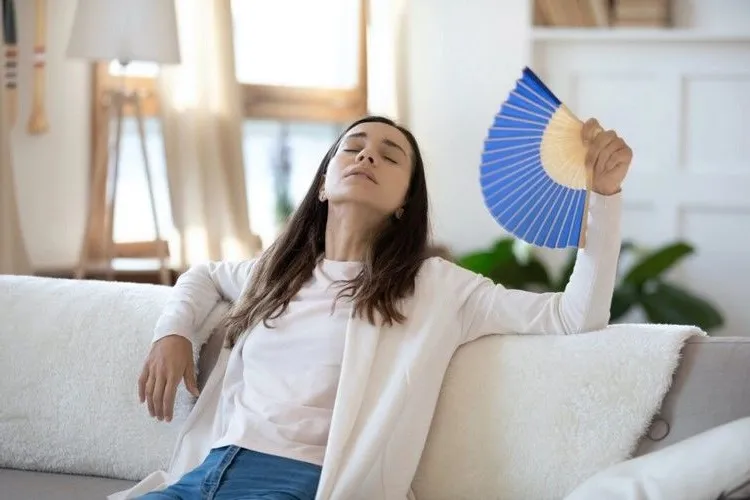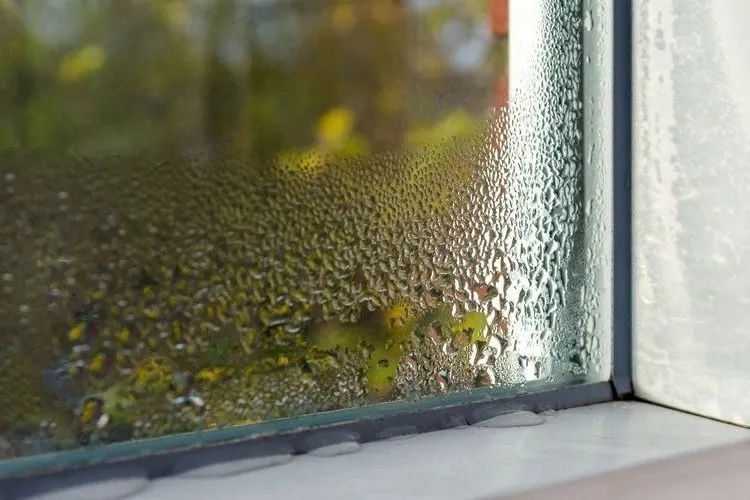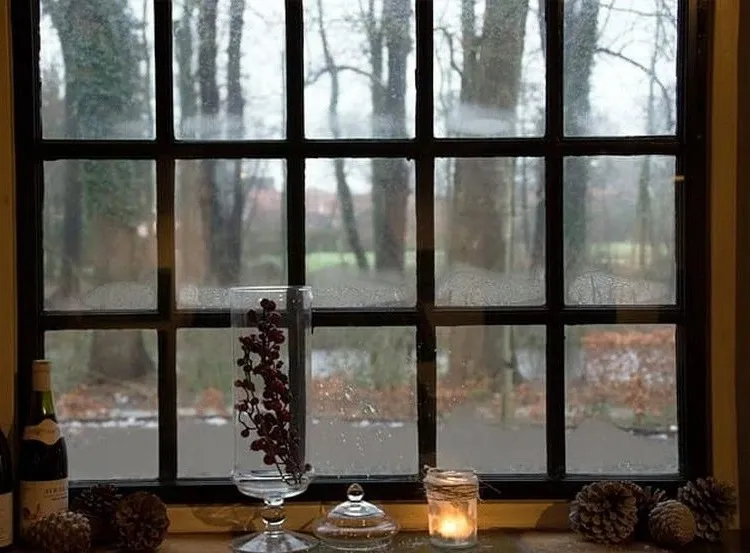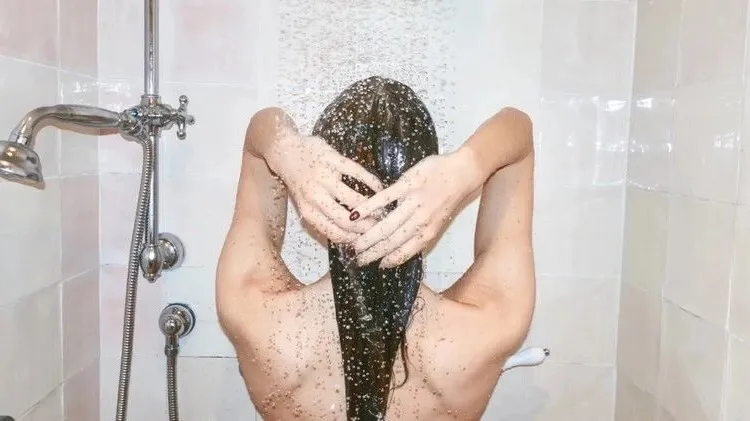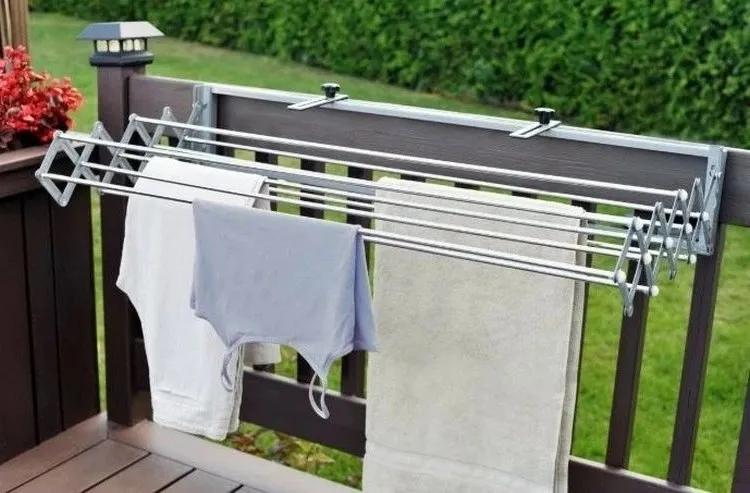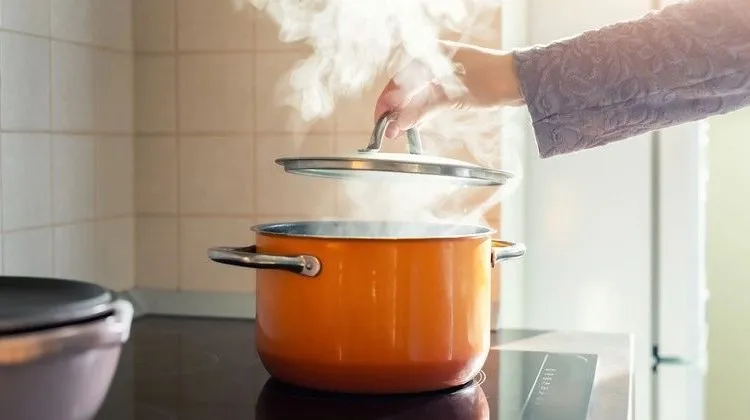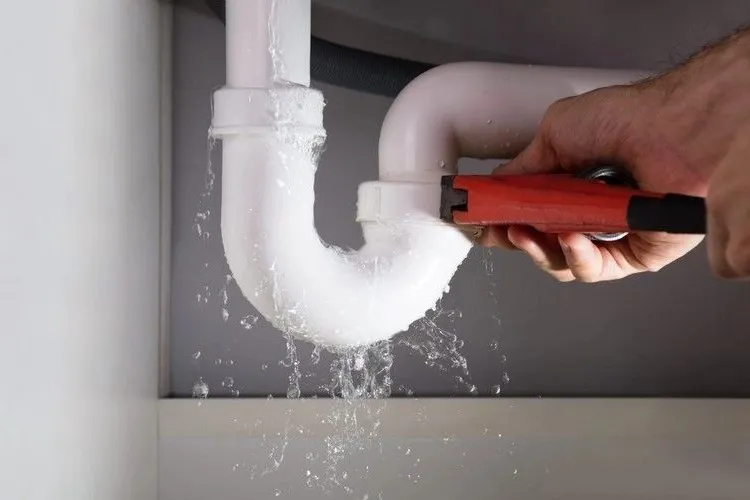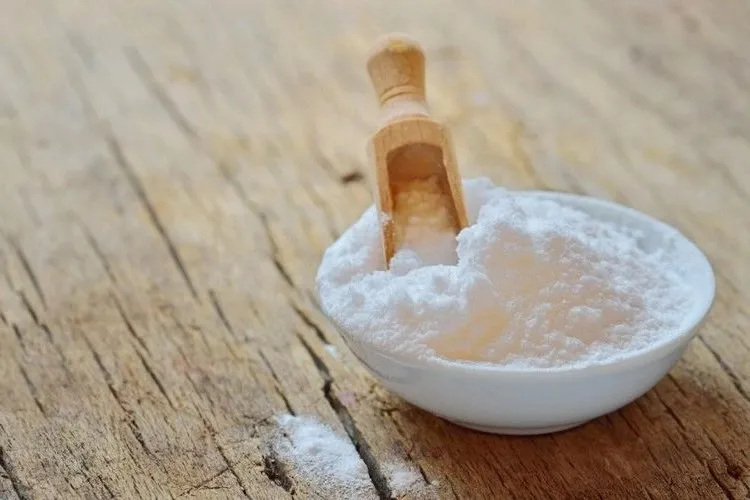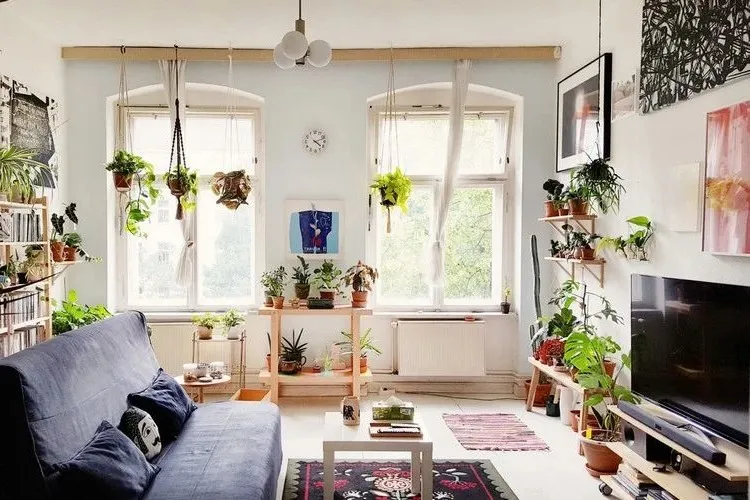We spend most of our time at our homes, especially after working from there is now possible. Therefore, it is very important that you and the people you live with have a healthy living environment. And humidity is an important factor. So, if you have high humidity in your apartment despite ventilation and are wondering what the possible causes are and how you can deal with them, then read this article!
Why Is There High Humidity in Home Despite Ventilation?
So, let’s start with where does the moisture come from? Since it is water in a gaseous state, it actually comes from everywhere and is everywhere. For example, when you take a shower, tiny droplets of water are released that evaporate into the air. When you pour yourself a glass of water, a small amount of it is also released as vapour. Your body itself releases water into the air through sweat and breathing. If this excess steam cannot escape outside, the relative humidity in your home increases.
And here comes the real problem. To get the excess steam outside, you would logically open the window or turn on the ventilation. Yes, this will help you deal with the humidity, but only if the air outside is dry (which it is in the winter). Otherwise, opening the windows will only serve to increase the humidity in your home, especially after an autumn rain. As for ventilation – while it provides fresh air, it is also a direct path for moisture from outside to inside if not controlled by a humidity sensor.
Poor insulation or soil moisture beneath your home could also increase the humidity in your home.
How Can You Lower the Humidity?
As already explained, high humidity in the home despite ventilation can be due to internal or external sources. Good insulation and effective ventilation with a humidity sensor are the best team against external sources of moisture. Here’s how to reduce the impact of indoor moisture sources:
Take Cooler Showers to Lower Humidity
Hot showers = humid air. We all love hot showers, but in this scenario they are the enemy of home wellness. We’re not saying you need to switch to ice baths. If you lower the temperature just a few degrees when you shower, you won’t release as much steam into the air, reducing humidity.
Dry Your Laundry Outside/Purchase a Dehumidifier
We know it’s already fall, and you probably won’t be able to put this advice into practice. But if the weather permits, dry your laundry outside and not in the dryer. And if you do need to dry it indoors, do yourself a favour and buy a dehumidifier. But you probably won’t need it in the winter months, as the air outside is dry and you can ventilate frequently.
Cover Your Pots When Cooking in Home
If possible, cover your pots with a lid when cooking. This will prevent water vapour from entering your home. And of course you should always leave the extractor hood running.
Repair Leaks to Lower High Humidity in Home
Leaky pipes and faucets add moisture to the home environment, contributing to humidity. Be sure to repair any water leaks in your home, and consider wrapping exposed pipes with insulation to prevent condensation from forming. Not sure if you have leaks? Irregular water bills, stained drywall, and damp spots are all telltale signs.
Use Baking Soda or Charcoal to Lower Humidity
Baking soda is a very effective way to eliminate moisture. Place bowls of the stuff in all areas of your home where humidity is high. Baking soda works best in smaller spaces, so use charcoal if you’re working with a larger area. Simply place a few briquettes in a pot like a basket or can and replace them every few months.
Move Your Houseplants from the Home
Plants are beautiful, but they also provide more moisture. If you have a lot of plants in your home, this could cause an increase in humidity. We suggest temporarily placing the plants either in a single, well-ventilated room or outside.
Also read: Which species of humidity absorbing plants get rid of mold and fungus in the house?
Get Rid of Carpets from the House
Carpets are known for retaining a lot of moisture. If possible, you should remove carpeting from your home.
Is High Humidity in Home Dangerous?
Yes, it is dangerous because it leads to mould growth that quickly spreads to all damp surfaces. In addition to having a negative influence on your home, mould can cause severe allergies, respiratory inflammation, and even chronic illnesses. Long-term exposure to mould can cause asthma and pneumonia.

